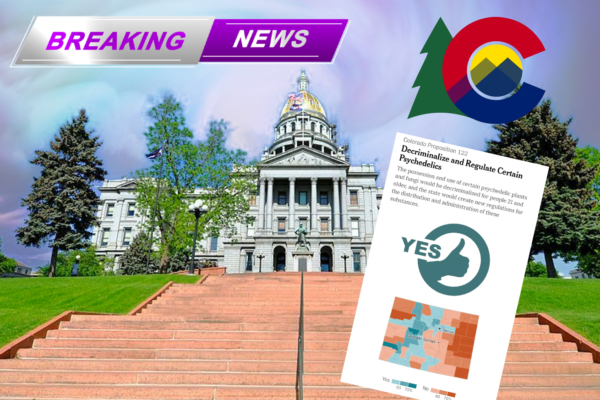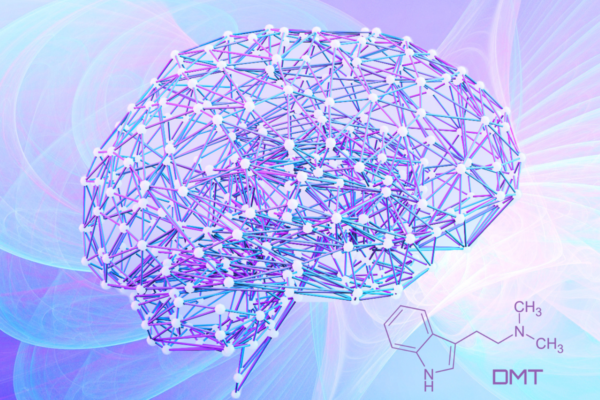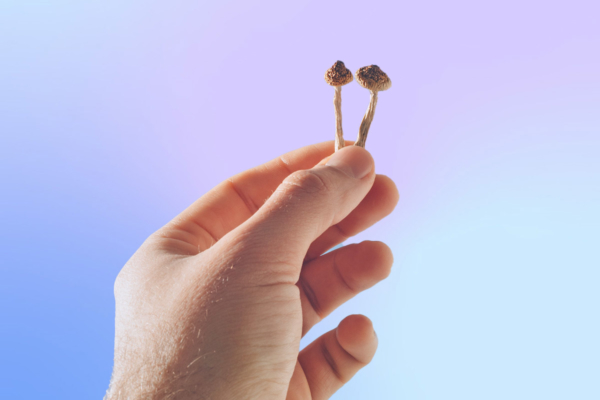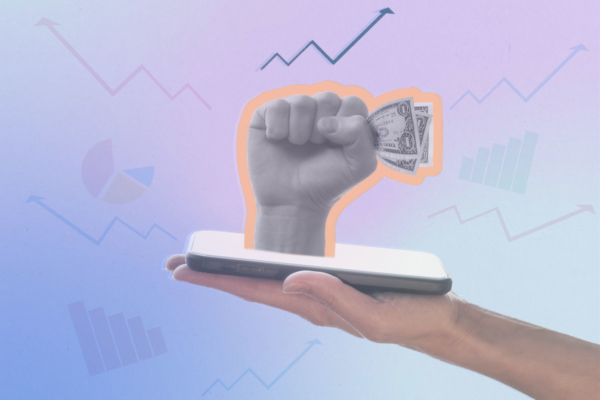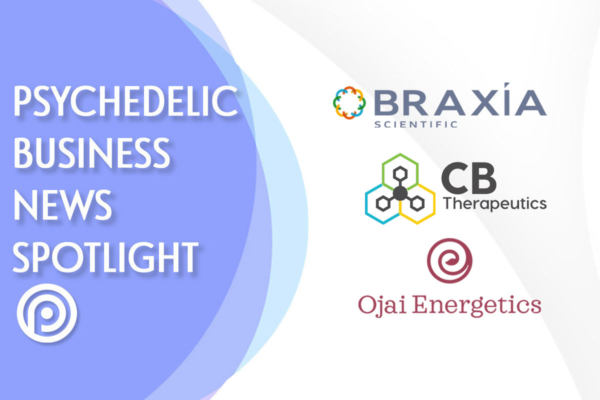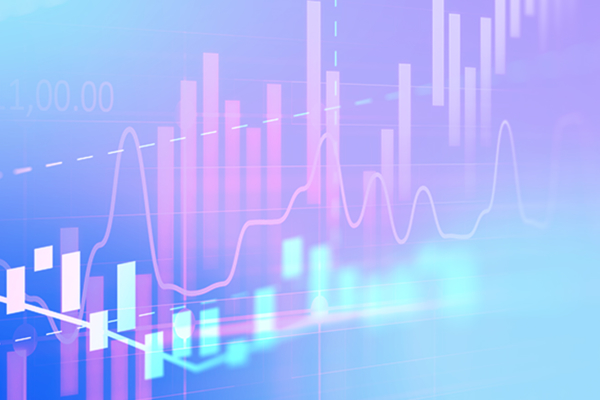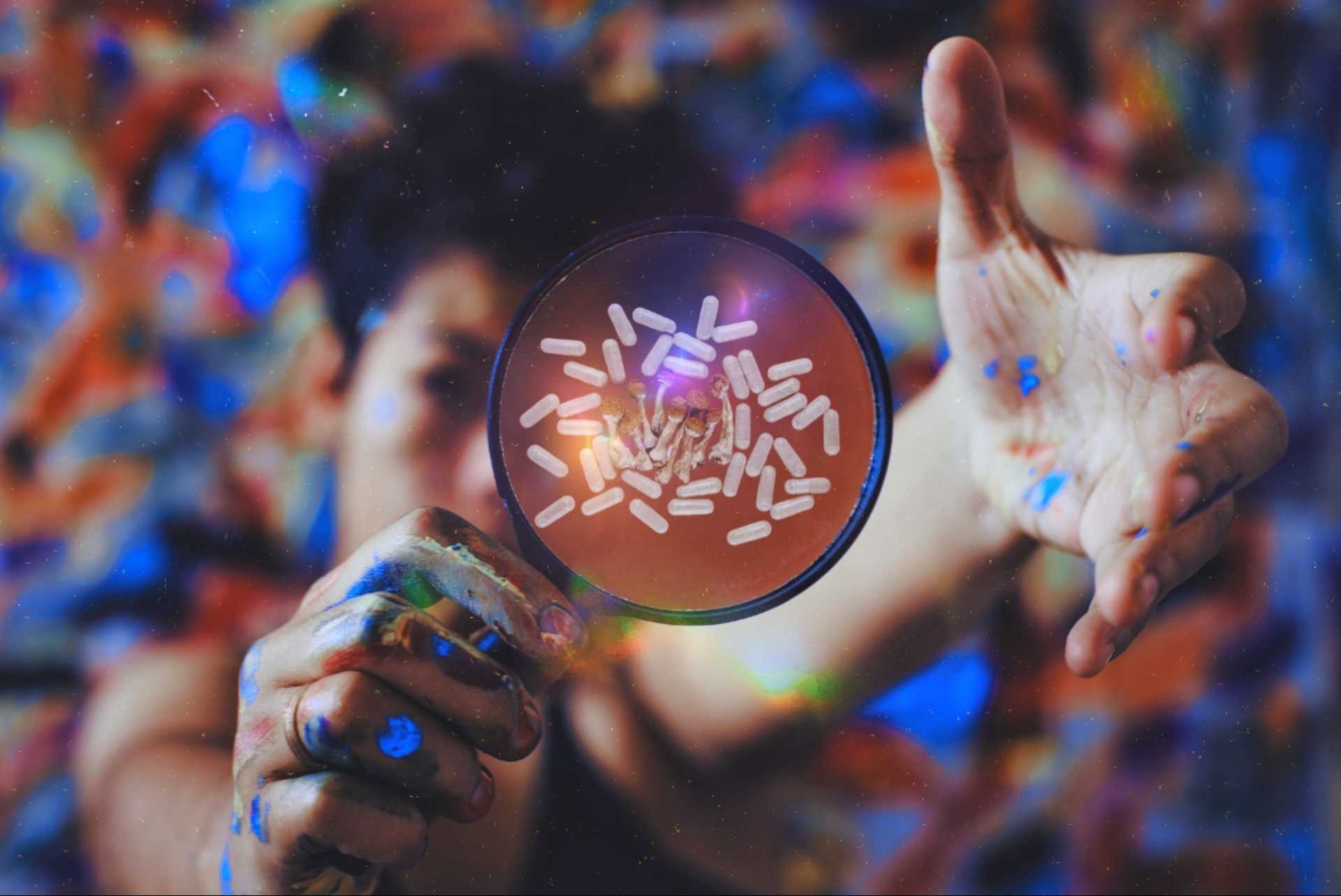
Despite the significant amount of positive research that highlights the benefits of psychedelics for mental health, there is still a gap in the scientific literature regarding the effects of these substances on cognition and creativity. Two papers in the journal Transational Psychiatry have presented the results of two studies that focus on how psychedelics are responsible in altering our cognitive and creative patterns, and how these changes may present novel ways in improving our mental health and quality of life.
The Impact of Psychedelics on Creativity
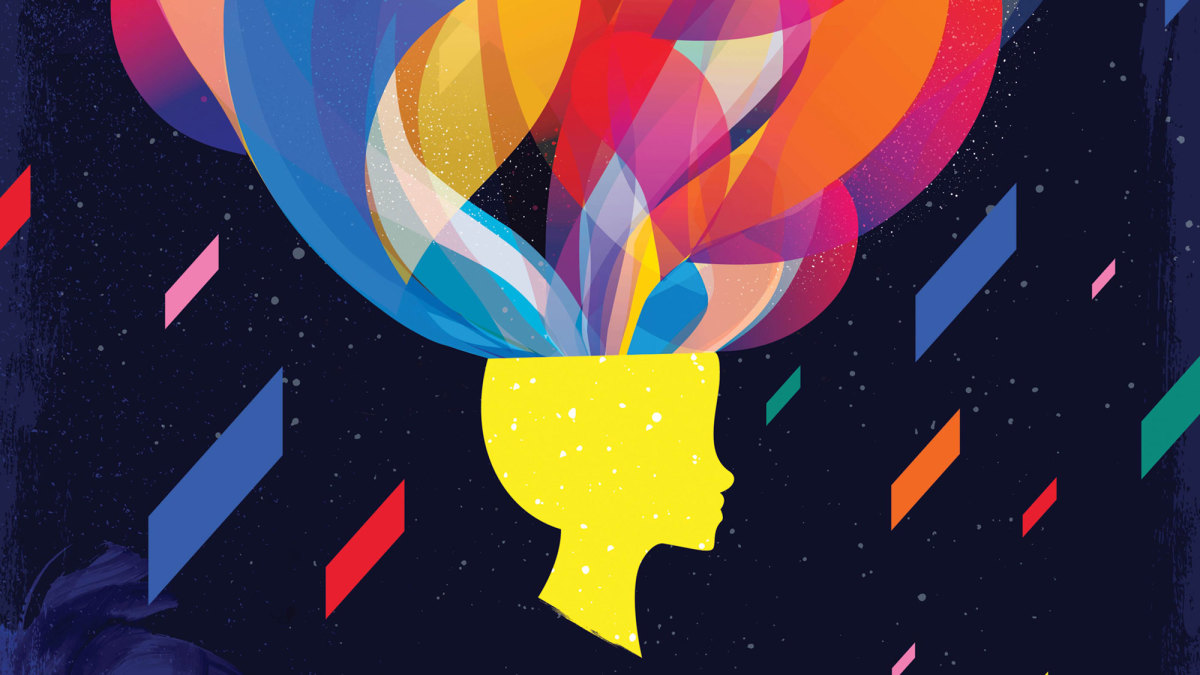
Natasha Mason is an assistant professor and researcher at Maastricht University in the Netherlands, whose research focuses on neuropsychopharmacology, psychedelic drugs, cannabis, and neuroadaptations. In her PhD research paper titled Spontaneous and deliberate creative cognition during and after psilocybin exposure, Mason posits the question: do psychedelics enhance creativity? This year-long study employed a balanced randomized (1:1), placebo-controlled, double-blind, parallel-group design where sixty healthy participants, with previous experience with a psychedelic drug but not within the past 3 months, were split into two testing oral dose groups: 0.17mg/kg psilocybin or a placebo.
The study was conducted over 3 visits where subjects completed creativity tasks that tested for changes in divergent thinking, which is the ability to generate novel and original ideas, and convergent thinking, the ability to evaluate the usefulness and effectiveness of existing ideas.
The tasks that subjects completed included picture concept task that was administered during peak drug effects (around 2 hours post treatment), as an assessment of both convergent and divergent thinking. As explained by Mason in the paper, “the [picture concept task] consists of 17 stimuli, each containing between 4 and 12 color pictures shown in a matrix. Participants were given 30s per stimulus to find an association between one of the pictures in each row. Specifically, they were asked first to provide the correct solution, as there is only one correct answer.” Convergent thinking was measured by the number of correct answers given. Divergent thinking was assessed by asking participants to provide as many alternative answers as possible, which were then to calculate several parameters—i.e., fluency, originality, and the ratio of both. As well as asking participants to list as many uses as possible for two common household items given 3 minutes per item to do so. The data points gathered included baseline (no drug), acute (during the trip) and lasting (7 days after acute).
The study found that psychedelics may not necessarily enhance creative thinking overall, but rather they mediate changes in certain constructs of creative thinking over time. The study presents that there are two ways of thinking when it comes to creativity: deliberate and spontaneous. Deliberate creativity is when you are focused on a task and use your logical thinking to achieve a goal. Spontaneous creativity is when you are more relaxed and your mind is free to think without limitations
The researchers explained that after taking psychedelics, people reported feeling more insightful, but actually generated fewer ideas. This suggested that psychedelics may have increased spontaneous creative thoughts, but decreased deliberate creative thinking. The study also found that a week after taking psychedelics, people generated more novel ideas, indicating that their creativity had improved. The researchers suggest that a balance between spontaneous and deliberate creative thinking is important for productive creativity, and that psychedelics may temporarily disrupt this balance. However, over time, this balance may be restored and even enhanced, leading to greater creativity.
Join our FREE Psychedelics for Beginners Course!

Understanding the Connection Between Cognition and Psychedelics

Another study focusing on the psychedelic effects on cognition was headed by Manoj K. Doss, a cognitive neuropsychopharmacologist at John Hopkins, and published in Translational Psychiatry in the paper titled Psilocybin therapy increases cognitive and neural flexibility in patients with major depressive disorder. The study focused on the effect of psilocybin on cognition and the subsequent effects it may have in treating mood disorders, like depression, by improving patients’ ability to think flexibly. The researchers looked at 24 patients with major depression and tested how psilocybin affected their thinking, brain connections, and certain brain chemicals.
Doss’ team concluded that psychedelics like psilocybin and MDMA can impair the encoding of memories that rely on recalling specific details, they can enhance the encoding of memories that rely on familiarity. This is different from drugs like ketamine, which appear to impair both types of memory encoding. The study suggests that psychedelics may enable the brain to bypass or minimize the need for the hippocampus, a part of the brain that helps to mediate how the cortex learns with more “permanent” memories arising from regular representations across episodic memories. This means that psychedelics could help to overwrite maladaptive memories that have been coded in the cortex, especially after years of experiencing them when one is depressed or after years of internalizing traumatic events. This could provide a fresh set of contextual influences that aid new encoding even after one comes down and is sober.
They found that psilocybin helped patients think more flexibly for at least four weeks after treatment. However, these improvements weren’t directly related to the treatment’s ability to reduce depression symptoms. A week after treatment, they noticed changes in brain chemicals and connections between two important brain regions. Interestingly, they found that larger increases in brain connections were actually linked to less improvement in flexible thinking. This suggests that there might be an ideal, nuanced balance of brain flexibility that can help people shift out of negative thought patterns, but too much flexibility might not be helpful.
These recent studies shed light on the complex relationship between psychedelics and cognitive processes, revealing that psychedelics may impact creativity and cognition in nuanced ways. While they might not directly enhance creative thinking overall, they can mediate changes in specific aspects of creative thinking over time. Furthermore, they highlight the importance of an ideal balance of brain flexibility in treating mental health disorders, suggesting that psychedelics may help patients shift out of negative thought patterns, but too much flexibility might be counterproductive. These findings contribute to our understanding of the potential therapeutic benefits and mechanisms of action of psychedelics, paving the way for a better understanding on the role that changes in cognition can have on patients creativity and mental health.
